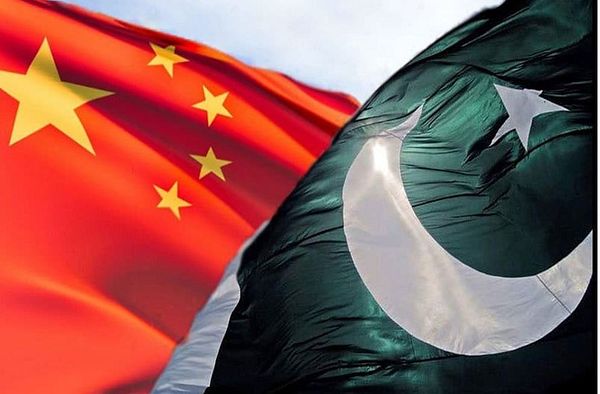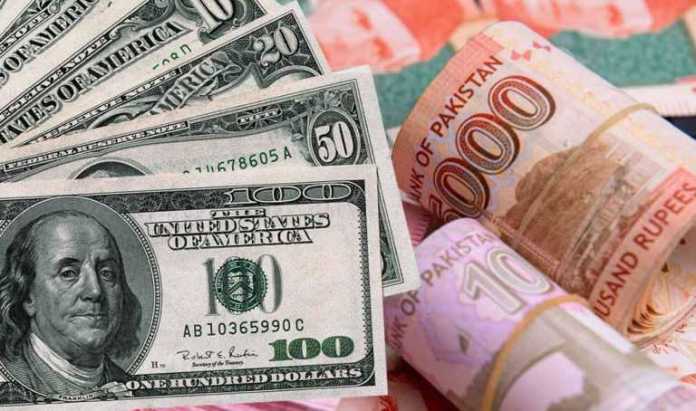Pakistan’s economic team, led by Senator Muhammad Aurangzeb, Federal Minister for Finance and Revenue, and Sardar Awais Ahmad Khan Leghari, Minister for Power, engaged in significant discussions with Chinese Minister of Finance LanFo’an in Beijing on Thursday. The delegation aimed to address critical issues pertaining to Pakistan’s economy and power sector.
Prime Minister of Pakistan dispatched this high-level team to Beijing to explore major financial cooperation opportunities, including the issuance of Panda Bonds, re-profiling of loans, and transitioning imported coal power plants to Thar coal. According to sources, the initial issuance of Panda Bonds could reach $300 million, with a potential increase to $700 or $750 million in subsequent phases.
An official statement highlighted that the ministers briefed the Chinese counterpart on Pakistan’s ongoing efforts to introduce tax and energy reforms. Both sides exchanged views on strengthening bilateral economic cooperation, emphasizing financial and banking collaboration.
In another significant meeting, Leghari and Aurangzeb held bilateral talks with Sheng Hetai, President of Sinosure, a major Chinese insurance company. The ministers outlined Pakistan’s strategies for economic recovery, growth, and reforms in the energy and taxation sectors. The discussions also focused on enhancing bilateral economic cooperation, particularly in financial and banking sectors.
The dialogue extended to the expansion of the China-Pakistan Economic Corridor (CPEC) and the pivotal role of the private sector in its next phase. Sinosure expressed a willingness to implement the 700 MW Azad Pattan Hydropower Project and the 1,124 MW Kohala Hydropower Project. These projects, valued in billions of dollars, have faced delays primarily due to existing payment issues and Pakistan’s significant circular debt, which is currently around Rs2.6 trillion.
In May 2024, Sinosure received mandatory guidance from the Chinese government to proceed with the Azad Pattan and Kohala hydropower projects. It is now crucial for Pakistan to encourage Chinese investors to submit Letters of Intent (LoI) for these projects. Notably, the LoI for Azad Pattan, submitted by China Gezhouba Group Company (CGGC) in April 2023, has expired and needs renewal.
On the same visit, Finance Minister Muhammad Aurangzeb and Power Minister Awais Leghari initiated talks on structural reforms in Pakistan’s power sector, as suggested by the International Monetary Fund (IMF). These reforms are part of a broader $7 billion bailout package agreed upon this month to aid Pakistan’s heavily indebted economy.
Pakistan’s power sector is beset by high rates of power theft and distribution losses, contributing to mounting debt across the production chain. The IMF has raised concerns about this issue, prompting the Pakistani government to implement structural reforms aimed at reducing circular debt by Rs100 billion ($360 million) annually. Previous IMF bailouts have included raising power tariffs, affecting poor and middle-class households.
The visit underscores the longstanding alliance between Pakistan and China. Historically, rollovers or disbursements on loans from China have been instrumental in meeting Pakistan’s external financing needs. The delegation’s discussions in Beijing reflect the ongoing efforts to bolster financial and economic ties, ensuring mutual benefits for both nations.




